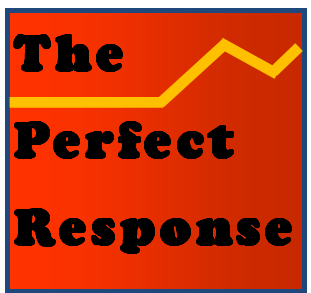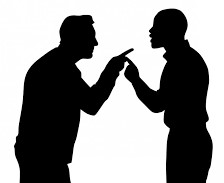We can’t say we haven’t been warned. Every voter in both parties needs to guard their franchise as much as they guard their bank accounts.
It is easy to be shocked by how many thoughtless political activists are willing to disenfranchise their fellow citizens. Taking another person’s legitimate vote is an affront to the idea of democracy. It was true years ago when Georgia Democrats set out to defeat Jimmy Carter during his first ran for the Georgia State Senate. And it now appears that every election features activists, mostly on the insurrectionist right, who would be only too happy to ignore the votes of some. Their pretext is always on some phantom vote irregularities: the alleged offenders voted by mail too late, their precinct was improperly staffed, or they were not registered with the right name or address. As reviews of the 2020 vote demonstrated, Americans can run very clean elections. The few irregularities that do occur are almost always small mistakes or voting machine glitches, not designs to steal an election.
So why the worry? We can’t forget the 147 members of Congress in 2020 tried to toss out the millions of votes in states that did not produce the presidential result they wanted. It was as audacious a move as the simple-minded statement from Donald Trump that ‘if he lost the election, it was rigged.’ Most eight-year-olds can see through the fallacy of this false “if/then” logic. Luckily, the vote certification that correctly awarded President Biden a win was saved by folks on both sides of the isle–including Vice President Pence–who valued the voting system over disruption by others. More recently, it is alarming to learn that Ginni Thomas, the wife of the Supreme Court Justice, sought to persuade election officials in Arizona to overturn their Presidential tally. Given the Court’s potentially crucial role in an election, as happened with Bush vs Gore in 2000, her move displays a disturbing lack of character.
Attempts to disqualify ballots have become an accepted mode of changing an election result that is not to someone’s liking.
 We can’t say we haven’t been warned. Every voter in both parties needs to guard their right to participate as much as they guard their bank accounts. The audacity of previous attempts took many of us by surprise. But it has become a fact that parties and groups awash in unregulated money will bankroll dubious legal help searching for reasons to throw out legitimate ballots. Using the example of a purposefully disruptive Trump, attempts to disqualify ballots have become a common way to challenge any election result that is not to someone’s liking.
We can’t say we haven’t been warned. Every voter in both parties needs to guard their right to participate as much as they guard their bank accounts. The audacity of previous attempts took many of us by surprise. But it has become a fact that parties and groups awash in unregulated money will bankroll dubious legal help searching for reasons to throw out legitimate ballots. Using the example of a purposefully disruptive Trump, attempts to disqualify ballots have become a common way to challenge any election result that is not to someone’s liking.
Americans can continue to have faith in the integrity of poll workers and the election officials that administer the voting process. These county officials usually take pride in being professionals. And precinct volunteers mostly want to be helpful to neighbors of both parties. Instead, we need to worry about self-styled kingmakers who may try to game the process for a win-at-any-cost. In particular, curbs on mail-in voting, precinct relocations and other dubious “improvements” seem designed to discourage minority and low income voters.
In short, guard your vote as you would the hard-earned cash that you are careful to protect.
Voting is regulated by the states. But there are a few simple guidelines to follow. Call your country elections office if you need to indicate a change of address or any other change in status. Do this at least 30 days before an election. And follow local county guidelines exactly for mail-in ballots, making sure you are registered with your exact name and address. There are also various web sites that easily allow you can check in advance to make sure this information in recorded. A good place to start is
https://www.vote.org/am-i-registered-to-vote/
![]()


